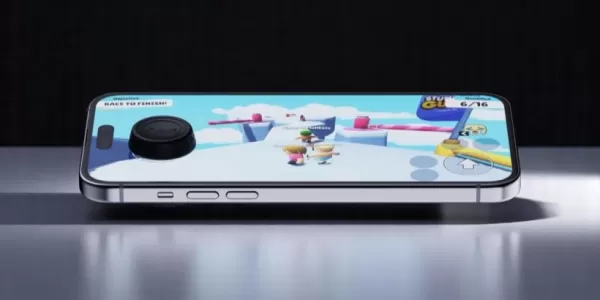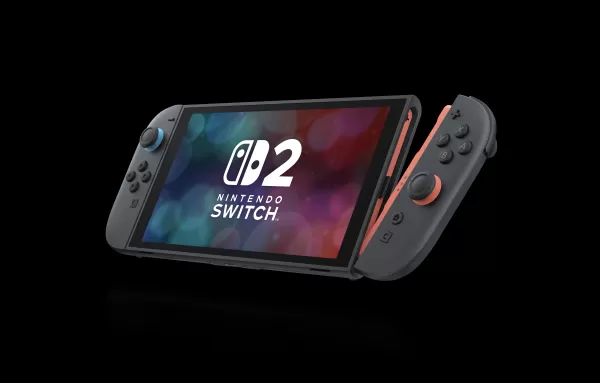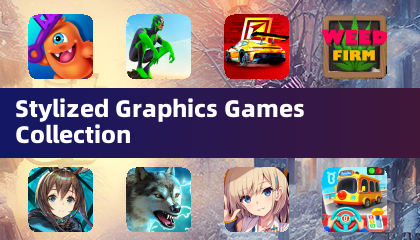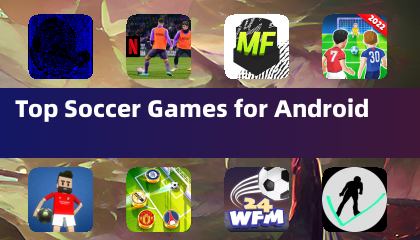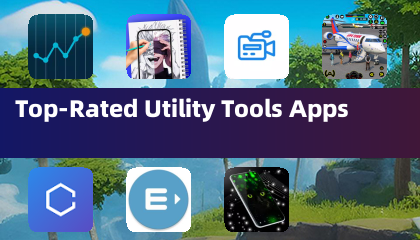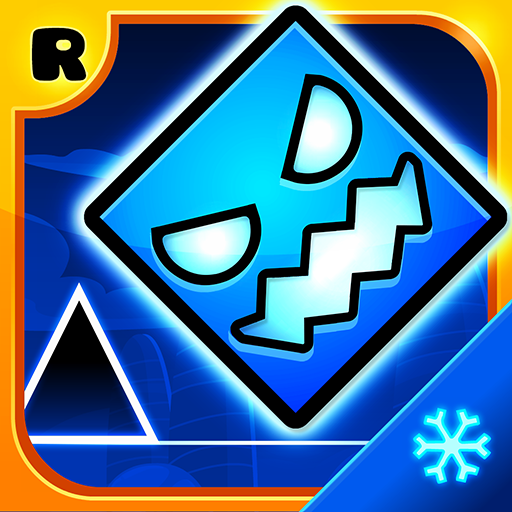In 2011, EA introduced the Origin App, allowing PC gamers to browse and purchase EA's games directly from its digital storefront, bypassing Steam. A significant milestone was the mandatory use of Origin for playing Mass Effect 3 in 2012. However, despite this launch, Origin struggled to gain traction among users due to its clunky user experience and cumbersome login processes. Despite these challenges, EA continued to support Origin until recently, when they decided to replace it with the equally cumbersome EA app.
This transition comes with several stipulations. For instance, if you own Titanfall on Origin and can't access your account, you're out of luck unless you switch your account formally from Origin to EA. Failure to do so means losing access to the games you've already purchased.
Moreover, the EA app exclusively supports 64-bit operating systems, leaving behind users of 32-bit systems. While this may seem harsh, it's worth noting that even Steam dropped support for 32-bit OS in early 2024, affecting a small number of users. It's highly unlikely that anyone who has bought or built a PC in the last five years would be using a 32-bit OS, though Microsoft did sell 32-bit versions of Windows 10 until 2020. If you're on Windows 11, you're safe as it only comes in 64-bit. To check if your system is 32-bit, look at your RAM usage. A 32-bit OS can only handle up to 4GB of RAM; if you have more, you're probably on a 64-bit system. If you're stuck with a 32-bit version, you'll need to perform a full system wipe and reinstall with a 64-bit OS.
While dropping 32-bit system support in 2024 isn't surprising, it raises concerns about digital ownership. It's frustrating to lose access to games you've owned for years due to hardware changes. Even Steam isn't immune to this, as Valve also ended support for 32-bit systems, leaving those unable to upgrade at a disadvantage.
Furthermore, the increasing use of invasive digital DRM solutions like Denuvo in PC games, which require deep system access or impose arbitrary installation limits, complicates matters further despite a legitimate purchase.
One solution for preserving your digital library is to support GOG, operated by CD Projekt. GOG's DRM-free approach means that once you download a game, you can run it on any supported hardware indefinitely. While this model opens up possibilities for software piracy, it hasn't deterred developers from releasing new titles on the platform, such as the upcoming RPG Kingdom Come: Deliverance 2, which is "coming soon" to GOG.

 LATEST ARTICLES
LATEST ARTICLES 